Before the forum, the Hungarian Prime Minister also met with German Chancellor Olaf Scholz. He described this two-hour conversation as fruitful and stated that all difficult and complicated topics were discussed and that “everyone can be satisfied” with the results.
Viktor Orbán also reminded that he regularly visits the Chancellor and the German business community every two years.
In his presentation, the Prime Minister said that Hungary’s successful crisis management since 2010 was due to political reasons.
He recalled that during the global economic crisis, there was a debate in Europe over whether the crisis was a conjunctural or structural crisis. Most European countries viewed it as a conjunctural crisis, but as Viktor Orbán stated, he was never able to accept this interpretation.
In contrast, he saw it as a structural crisis, meaning that Europe will continue to lose out to Asia in terms of GDP, markets and technological competition until something changes.
His answer to this issue would be deep structural reform, and as he added, since 2010 the Hungarian economy has been reformed accordingly.
He emphasized that, “Hungary’s social policy is conservative, and reminiscent of the German Chancellor Helmut Kohl's era. The Hungarian government believes in a society based on employment, with the family at the center of it all. Hungary dedicates the highest share of their gross domestic product on family support and the government essentially finances families through employment. While in 2010, the employment rate was barely above 50 percent, it is around 75 percent today,”
- reminded the Hungarian Prime Minister.
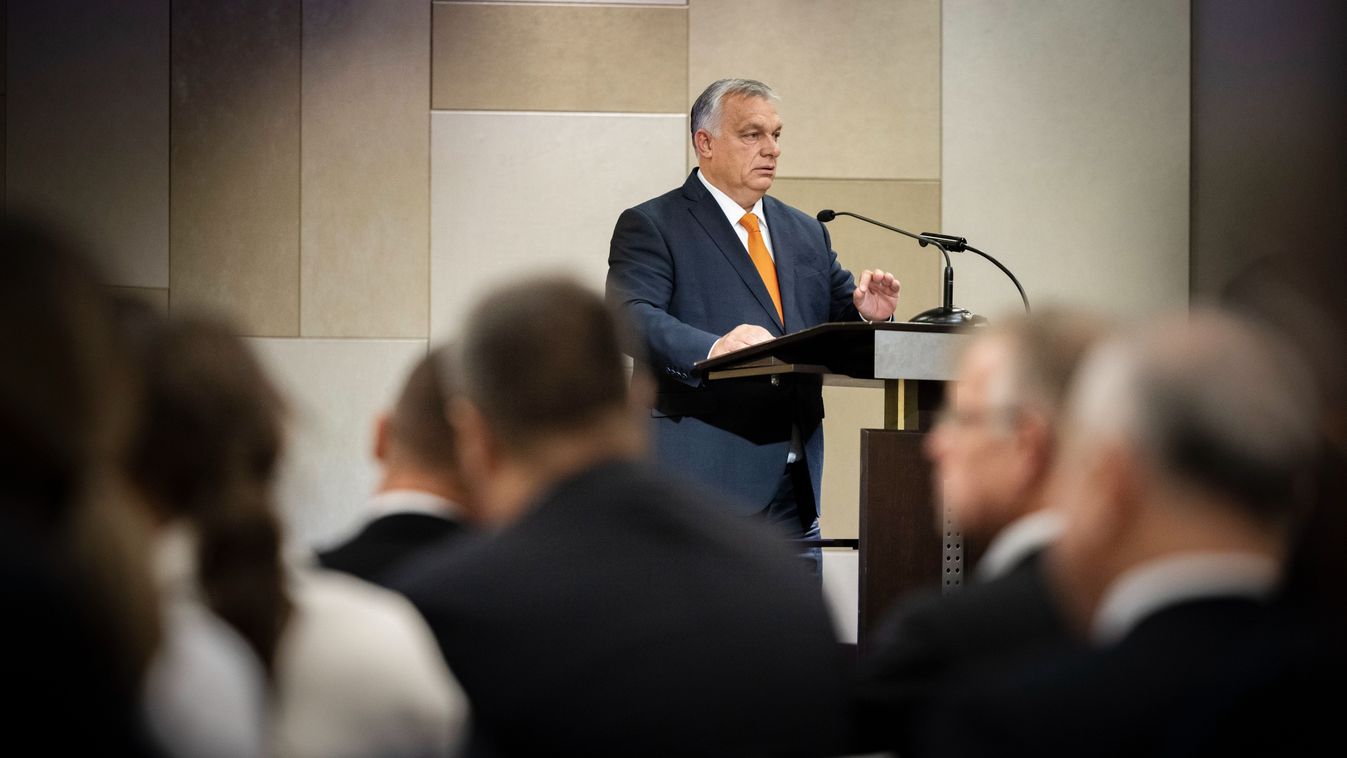





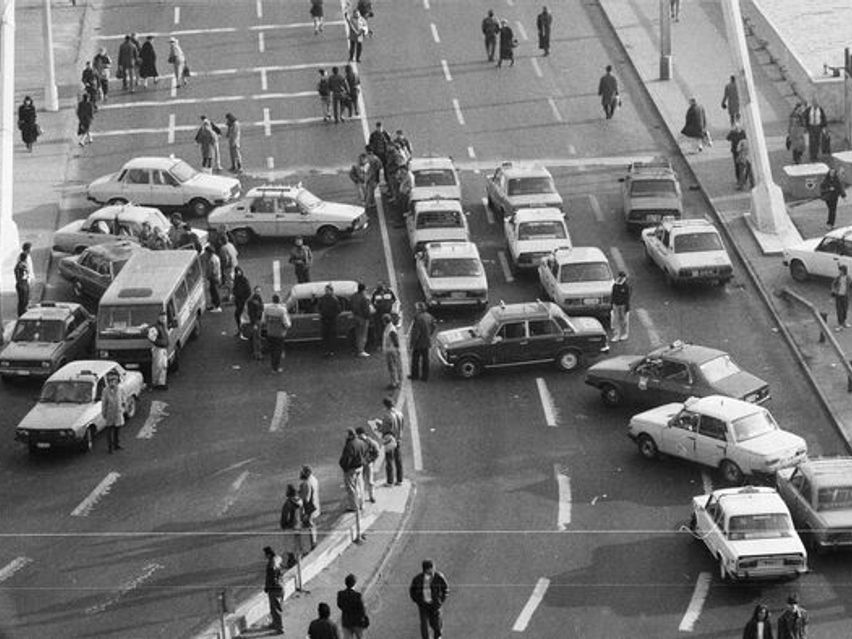
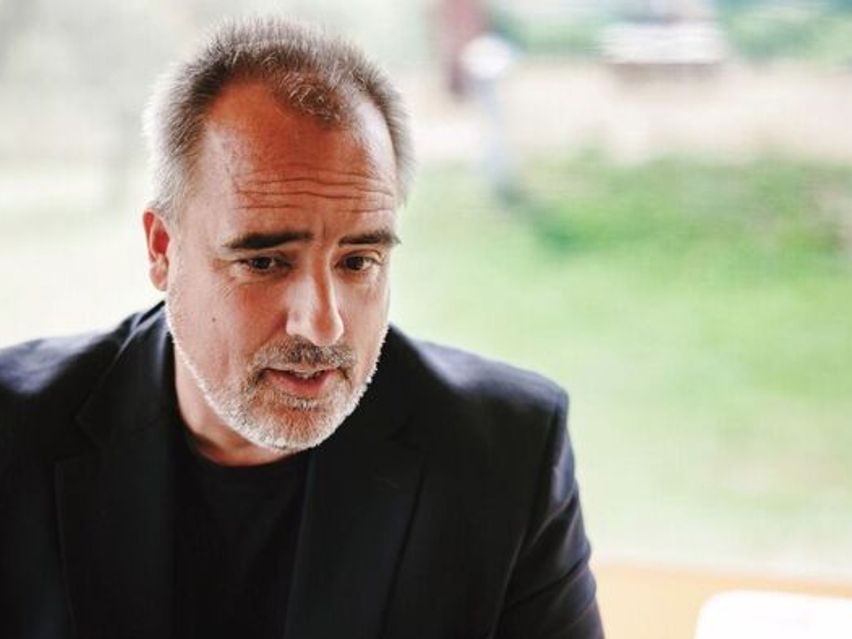
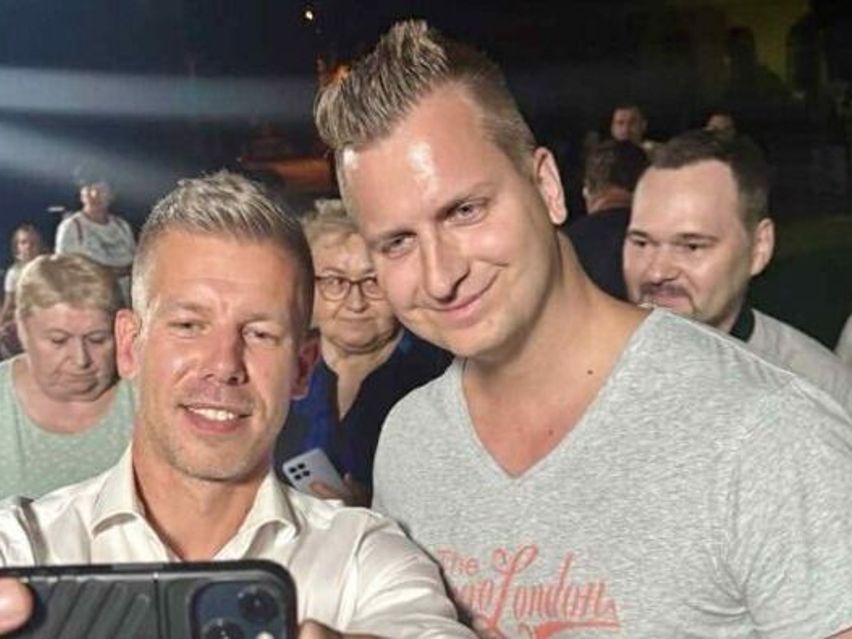


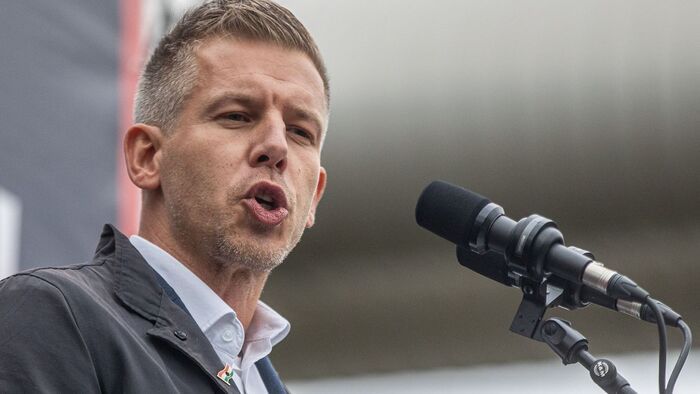
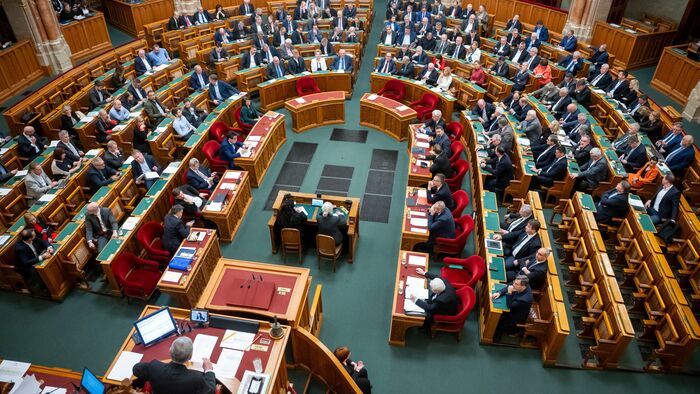
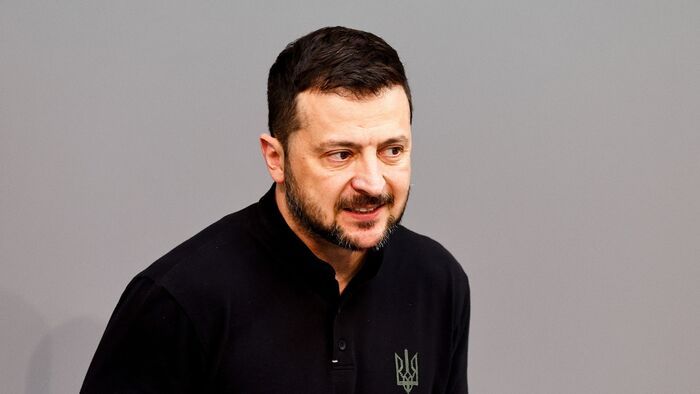



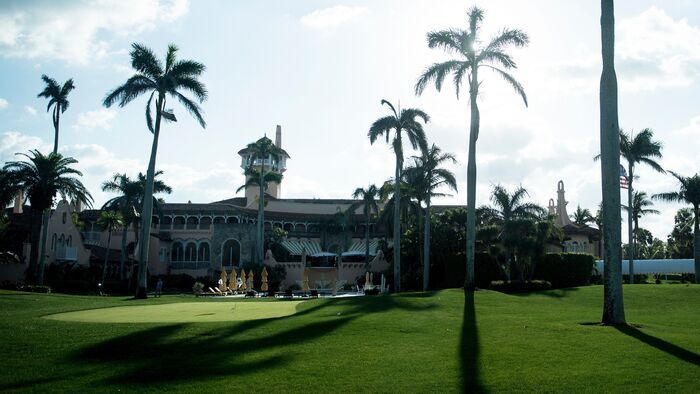

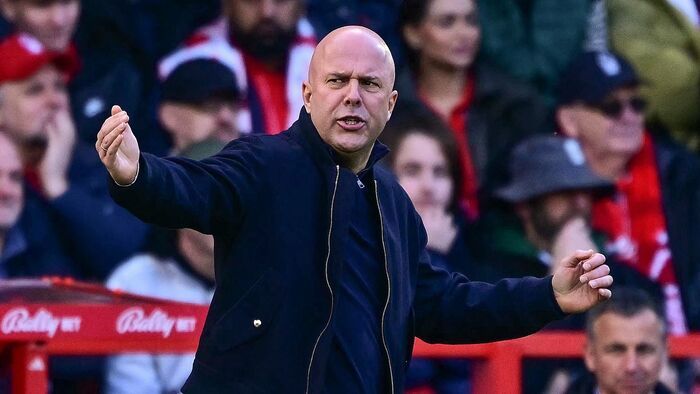



Szóljon hozzá!
Jelenleg csak a hozzászólások egy kis részét látja. Hozzászóláshoz és a további kommentek megtekintéséhez lépjen be, vagy regisztráljon!